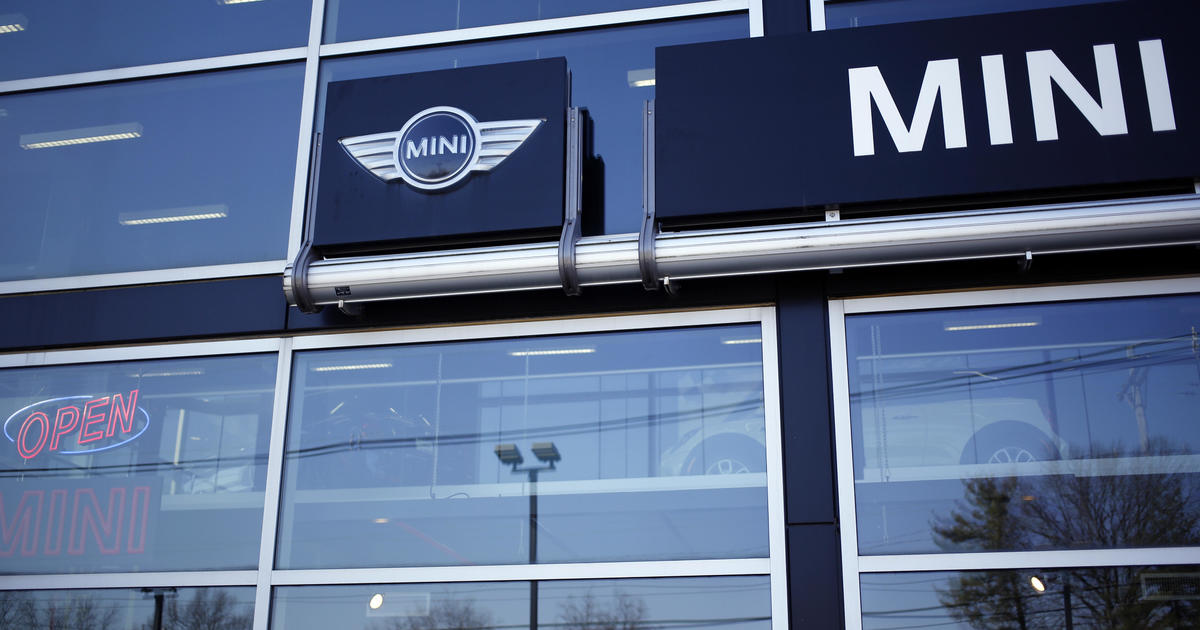A U.S. Senate investigation found that BMW, Volkswagen, and Jaguar Land Rover have purchased parts from a Chinese company sanctioned under a 2021 law for using forced labor. The report revealed that BMW imported at least 8,000 MINI vehicles containing parts produced by the Chinese supplier after it was sanctioned. Jaguar Land Rover also imported replacement parts made by the same company, even after being informed of the problematic product in its supply chain. Volkswagen, on the other hand, disclosed to U.S. border authorities that a shipment of its vehicles contained parts made by the sanctioned company.
The components were sourced through two contractors, California-based Bourns Inc. and Michigan-based Lear Corp. The latter is a direct supplier for BMW and Jaguar Land Rover. Senator Ron Wyden criticized the automakers for not adequately scrutinizing their supply chains and called for Customs and Border Protection to enforce stricter measures to crack down on companies using forced labor in China. Both BMW and Jaguar Land Rover stated that they have taken action to halt the importation of affected products and conduct service actions with customer and dealer notification for affected vehicles. They emphasized their commitment to protecting human rights and prohibiting forced labor.
The U.S. has banned the use of forced labor, and lawmakers passed the Uyghur Forced Labor Prevention Act in 2021, prohibiting the entry of products made with forced labor in Xinjiang, where the Uyghurs have faced persecution. The U.S. government has described this persecution as genocide, while Beijing argues that its efforts in Xinjiang are aimed at countering terrorism and providing employment opportunities. Human rights advocates contend that participation in China’s employment programs in Xinjiang can be involuntary. Lawmakers in the U.S. are calling for strict enforcement of the 2021 law and criticizing automakers for not ensuring compliance in their supply chains.
Jaguar Land Rover responded to the report by stating that the problematic subcomponent mentioned was used in a prior generation of technology and is not in current JLR vehicles for sale. The company halted shipment of affected parts and quarantined existing inventory for destruction once they were notified that the Chinese manufacturer was on the sanctions list. BMW Group also took steps to halt the importation of affected products and will conduct service actions for affected vehicles. Both automakers reiterated their commitment to respecting human rights and prohibiting forced labor in their operations.
The Senate report highlights the challenges of ensuring supply chain compliance with laws prohibiting forced labor. Automakers are facing scrutiny for their supply chain practices, and lawmakers are calling for stricter enforcement to prevent the use of forced labor in Xinjiang. The issue underscores the complexities of global supply chains and the importance of due diligence in ensuring ethical sourcing practices. Moving forward, there is a need for increased transparency and accountability in supply chains to address human rights violations and prevent the exploitation of vulnerable populations.









